1. Blanche Dating a Teenager on The Golden Girls
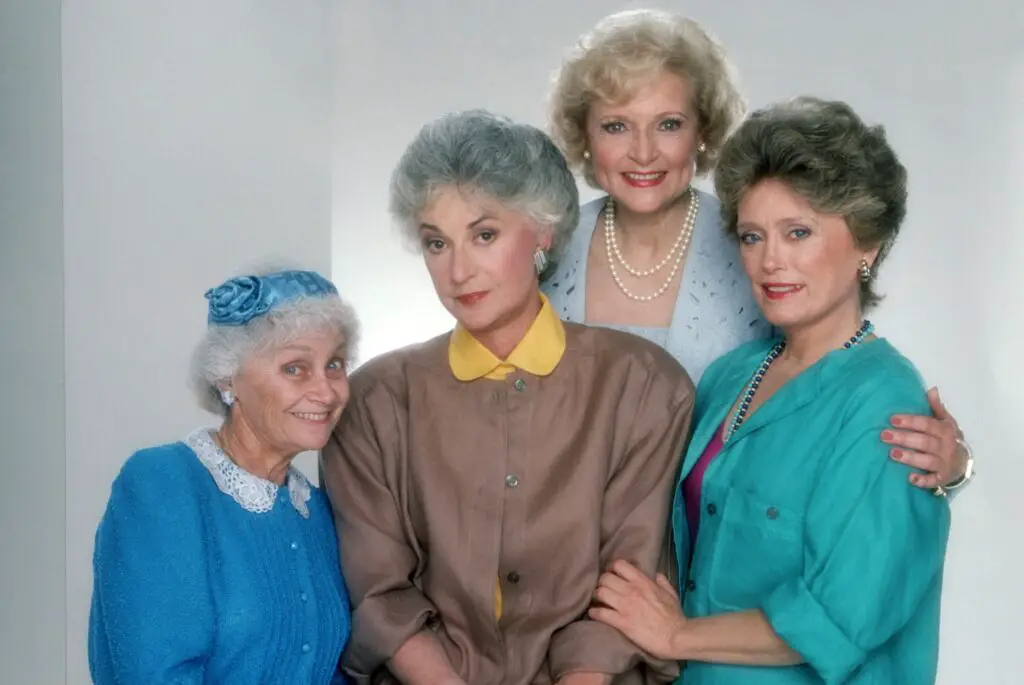
In one early episode of The Golden Girls, Blanche starts dating a college-aged guy—only to later discover he’s actually a high school senior. The big twist? She’s more upset about his age than the fact that she nearly crossed a serious line shares CBR.
The storyline plays it for laughs, but today, the age gap would spark an entirely different conversation. There’s also an uncomfortable moment when the teen’s mother thanks Blanche for not taking things further. These days, the whole plot would be flagged before the table read. What was once cheeky now feels pretty tone-deaf. We love Blanche, but this one hasn’t aged well adds SlashFilm.
2. Balki’s “Magic” Cure for Depression on Perfect Strangers
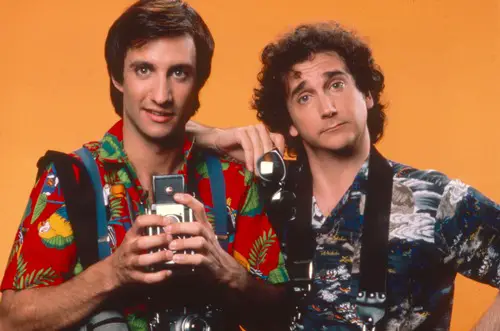
When Larry falls into a depression on Perfect Strangers, his cousin Balki decides to “cure” him using folk remedies from his fictional island of Mypos. That includes singing, weird food, and a slapstick-style intervention says IMDb.
What makes it uncomfortable is how mental health is completely brushed off as a quirky funk. Today, depression is understood as a serious condition, not something to be laughed away with goat cheese and dance. While the intent was sweet, the execution misses the mark by a mile. It’s a clear case of well-meaning ignorance wrapped in sitcom hijinks. A modern audience wouldn’t find this charming, just dismissive adds Instinct Magazine.
3. Sam’s Teacher Crush on Diff’rent Strokes
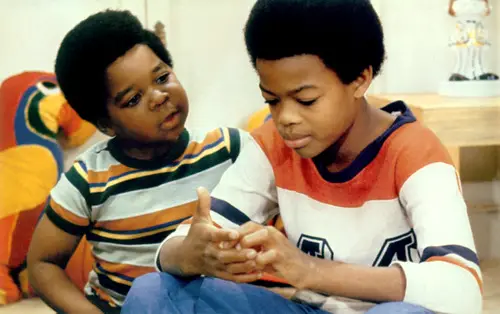
On Diff’rent Strokes, little Sam has a major crush on his female teacher—and the show runs with it for a full episode. She even kisses him on the cheek and jokes about how flattering it is.
It’s played off as innocent and cute, but the gender flip would’ve caused outrage even then. If a male teacher had returned that affection, it would’ve been a completely different episode. Today, that whole storyline would get scrapped immediately for being wildly inappropriate. Even in the ’80s, it was skating on thin ice.
4. The Racist Bake Sale on The Facts of Life
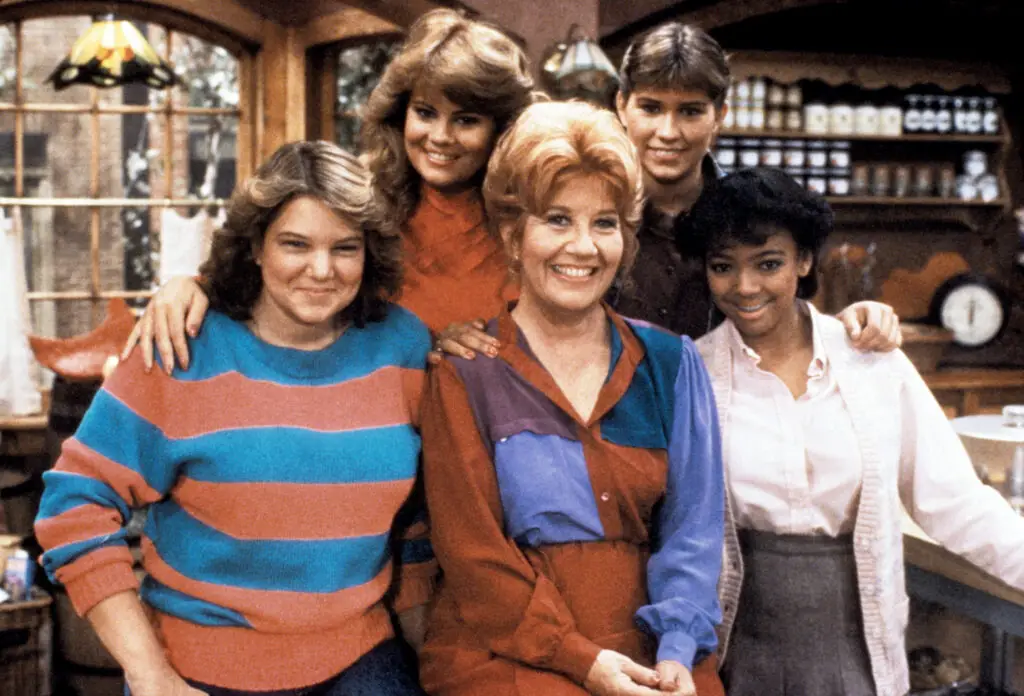
In one uncomfortable episode of The Facts of Life, the girls participate in a bake sale to raise money—but end up accidentally running a racially segregated fundraiser. The idea is that they don’t “mean to,” which is supposed to make it OK.
The episode tries to teach a lesson about ignorance, but it fumbles the message hard. The show glosses over the impact of casual racism, focusing more on how embarrassed the girls are to be called out. Today’s writers would demand more nuance and accountability, not a tidy “Oops!” and a group hug. What could’ve been powerful just feels shallow now.
5. Jack Pretending to Be Gay for Rent on Three’s Company
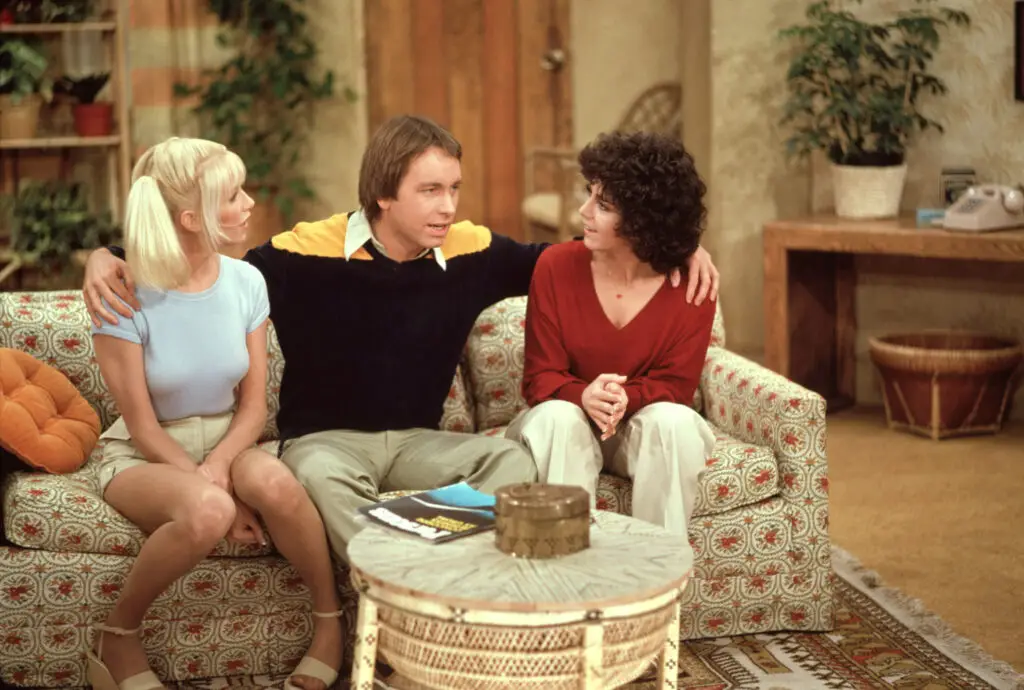
Technically a late ’70s show, Three’s Company ran well into the ’80s—and its entire premise was built on Jack pretending to be gay so he could live with two women. It was a constant source of misunderstanding-based comedy.
At the time, it was seen as edgy and progressive, but it was really just an excuse for cheap laughs. Jack’s sexuality was used as a punchline in every other scene, with lots of wink-wink jokes and awkward “manly” reactions. Today, LGBTQ+ representation has come a long way, and this kind of setup wouldn’t fly. It’s hard to imagine any modern network being comfortable greenlighting that premise now.
6. Arnold Gets Kidnapped on Diff’rent Strokes
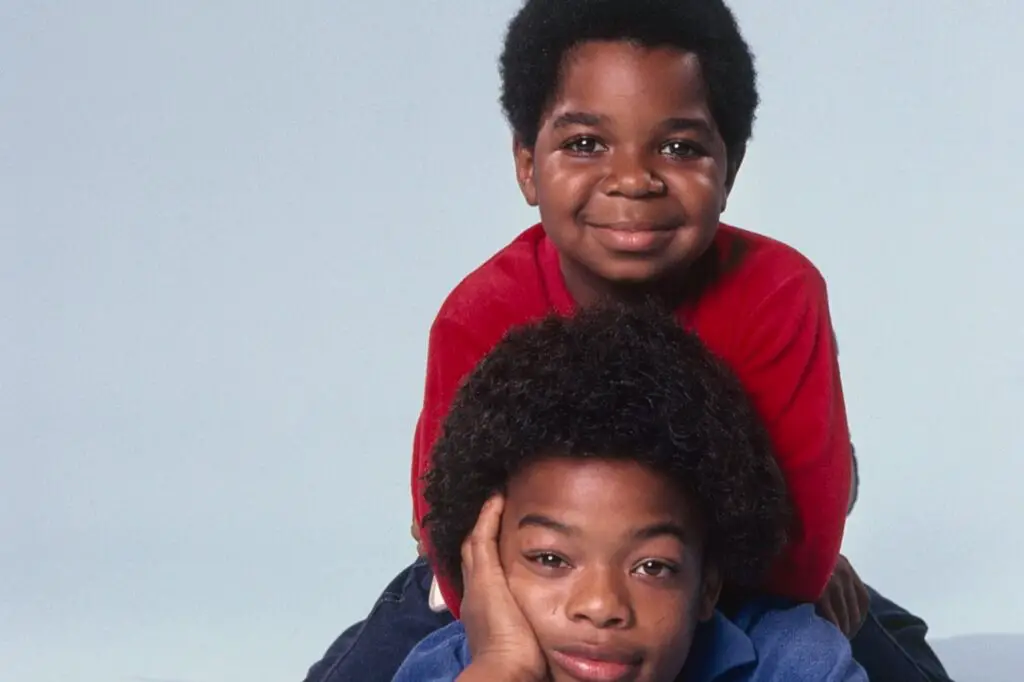
Diff’rent Strokes often took on heavy issues, but one episode went especially dark. Arnold and his friend are kidnapped by a man posing as a police officer. It’s intense, scary, and shockingly realistic for a family sitcom.
The problem is the way it’s handled—sandwiched between laugh tracks and corny jokes. Today, a kidnapping plot would be saved for a drama or at least handled with more care. Mixing such serious subject matter with goofy humor feels jarring. It’s not that shows can’t address tough topics, but the tone has to match the message.
7. The Male Beauty Pageant on Growing Pains

When Mike Seaver enters a male beauty pageant on Growing Pains, the episode is full of sexist jokes and backwards ideas about masculinity. There are repeated jabs about men being objectified—played purely for laughs.
Ironically, it tries to make a statement about double standards, but it ends up reinforcing them. The jokes don’t age well, especially when they involve Mike being embarrassed to wear makeup or perform onstage. Today’s audiences expect more thoughtful takes on gender dynamics. This episode just feels like a relic from a time when “boys don’t cry” was a punchline.
8. Natalie’s Weight Loss Obsession on The Facts of Life
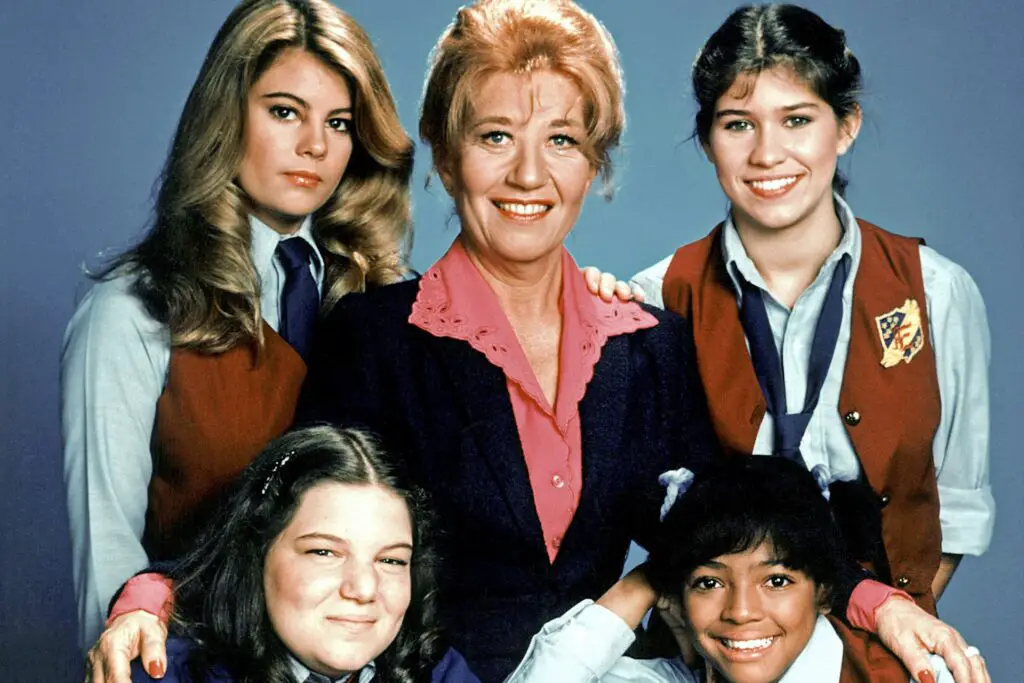
Natalie, one of the more grounded characters on The Facts of Life, has an episode where she becomes obsessed with losing weight after a guy makes a rude comment. She tries dangerous diets and nearly faints before realizing her worth.
While the message is meant to be empowering, the storyline puts a lot of focus on her “before” body. The episode never quite unpacks how damaging that pressure is. A modern show would probably handle body image more sensitively—and with actual expert insight. The way this one casually breezes through the emotional toll doesn’t sit right anymore.
9. Punky Brewster’s “Runaway Dad” Resolution
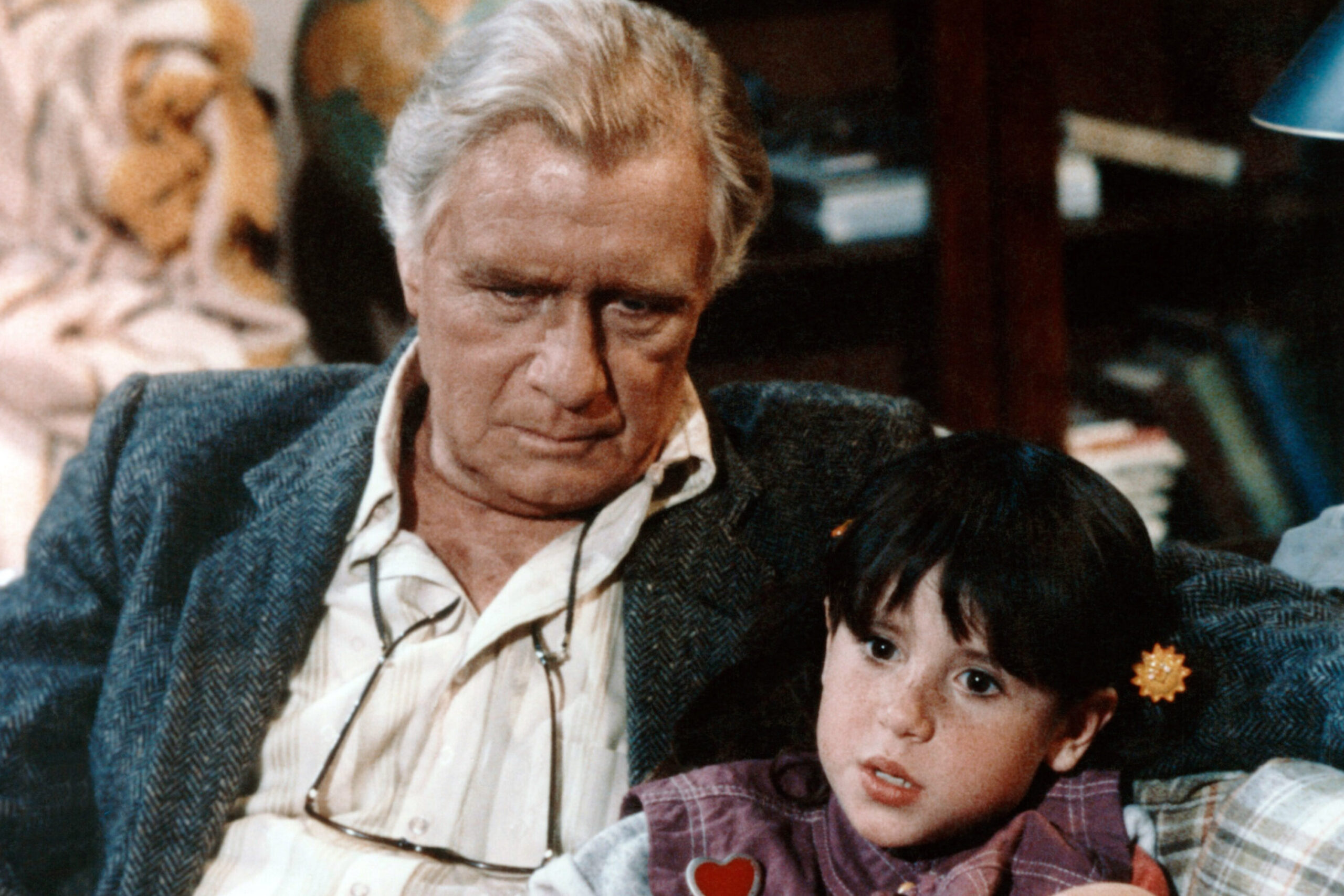
In a particularly heavy Punky Brewster episode, Punky writes a letter to her estranged father asking him why he left her. Instead of actually confronting abandonment, the show wraps it up with a fantasy sequence where he explains he had no choice and loved her all along.
That kind of tidy ending might’ve worked for kids in the ’80s, but today it would feel way too dismissive. Parental abandonment is a deep trauma, and the show never explores it beyond surface-level platitudes. It’s a missed opportunity to validate what a lot of kids were really going through. Now, it would need more honesty and depth.
10. The “Very Special” Drug Episode on Saved by the Bell
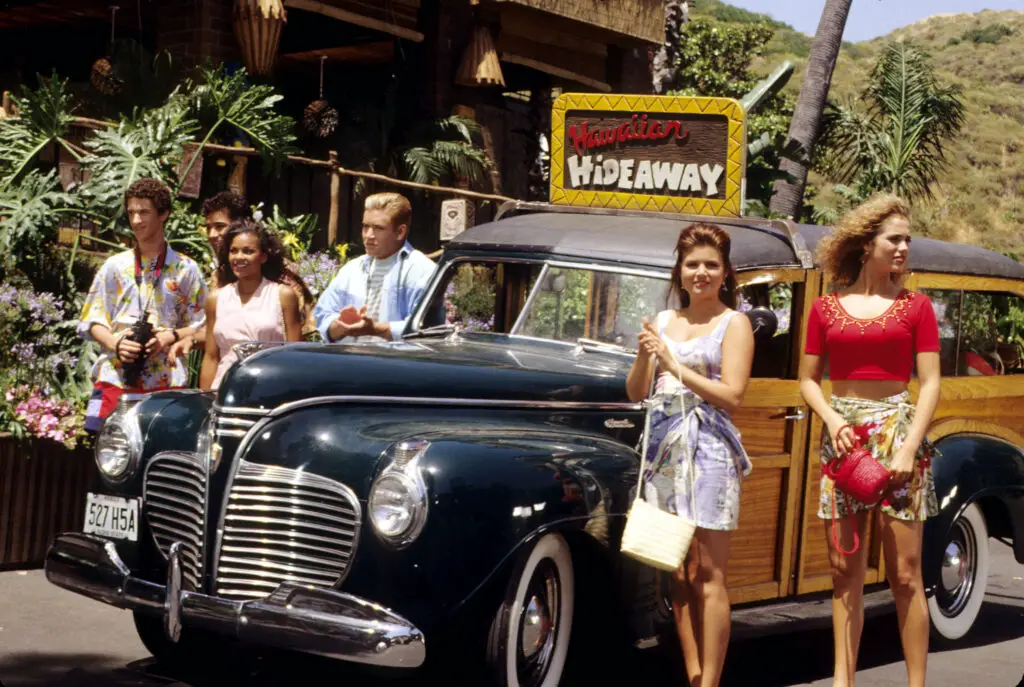
While Saved by the Bell officially aired mostly in the ’90s, its roots are in Good Morning, Miss Bliss from the late ’80s—and the tone didn’t change much. One infamous episode has Jessie getting hooked on caffeine pills, and her meltdown scene (“I’m so excited!”) became a meme.
It’s meant to be a cautionary tale, but the choice of caffeine pills makes it unintentionally hilarious. Today, addiction storylines are handled with much more realism and care. This one just feels like it wanted to do a “drugs are bad” message without fully committing. It’s iconic, but not for the right reasons.
11. Married to an Alien on Mork & Mindy
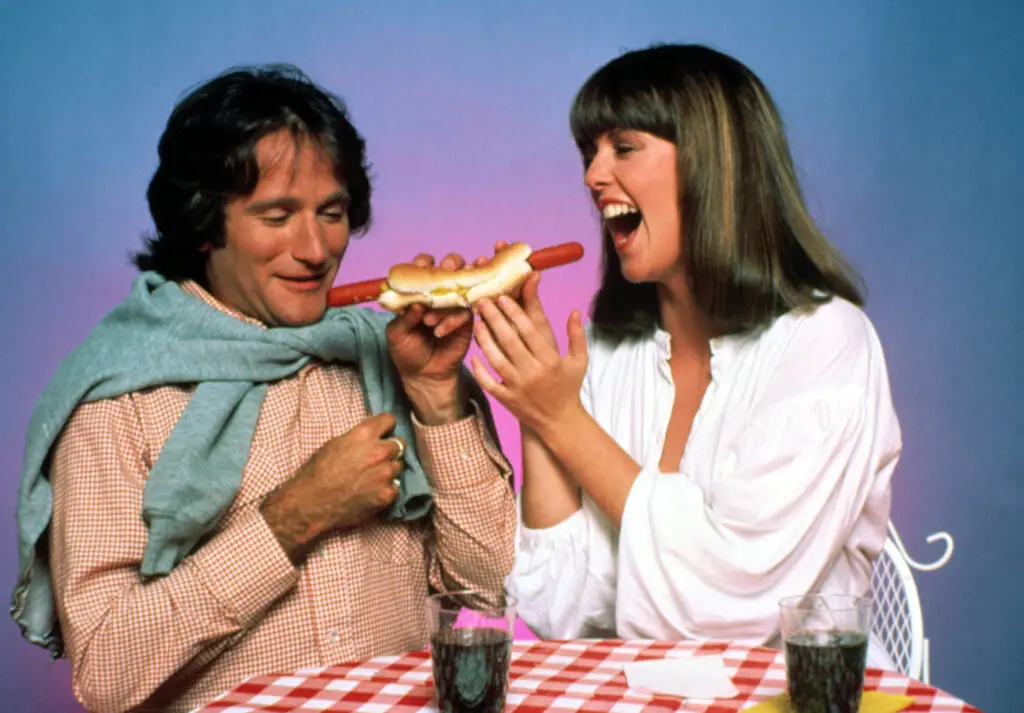
Mork & Mindy was supposed to be zany, but the storyline where Mindy marries Mork and they give birth to a full-grown man-child named Mearth (played by Jonathan Winters) really pushed things too far. Even Robin Williams couldn’t save it.
What started as quirky sci-fi comedy turned into full-on absurdity that didn’t know where to land emotionally. Today, networks would likely ask for more emotional continuity and less slapstick chaos, especially around marriage and parenting. This storyline was a clear sign the writers were running out of ideas. It felt like fan fiction gone off the rails.
12. Roseanne’s Gay Kiss Controversy
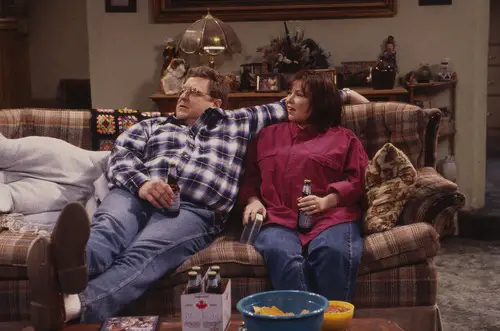
In one Roseanne episode, Roseanne kisses another woman at a gay bar, and the scene sparked major backlash at the time. The show tried to handle it with honesty, but it ends up being all about her feelings and how brave she is.
The LGBTQ+ character is basically used as a plot device for Roseanne’s growth. Today, there’s a bigger push for authentic representation and not making queer characters props in someone else’s journey. The kiss might’ve been groundbreaking back then, but the framing wouldn’t fly now. It’s a reminder that even “progressive” storylines can still be flawed.
13. The “Ugly Girl” Makeover on Family Ties
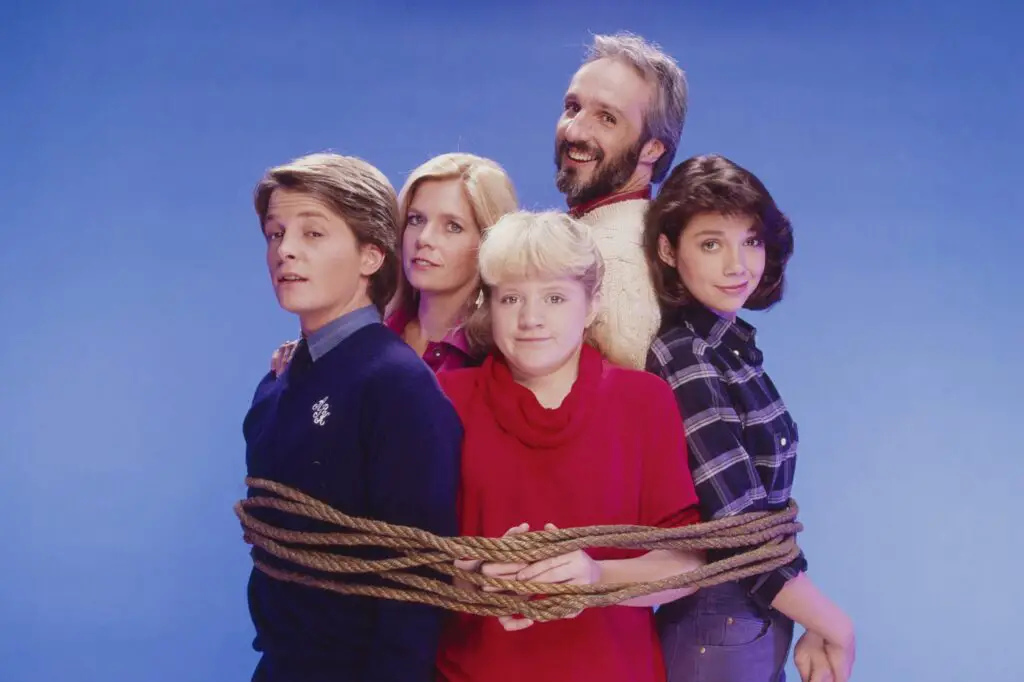
In one episode of Family Ties, a nerdy girl has a makeover and suddenly becomes dateable in the eyes of the male characters. Of course, she removes her glasses and poofs up her hair, and suddenly everyone notices her.
It’s the classic “she was beautiful all along” trope—but only after conforming to beauty standards. Today’s shows are more likely to push back on this idea rather than lean into it. Back then, it was a sitcom staple. Now, it just feels lazy and reinforces harmful ideas about appearance and worth.
